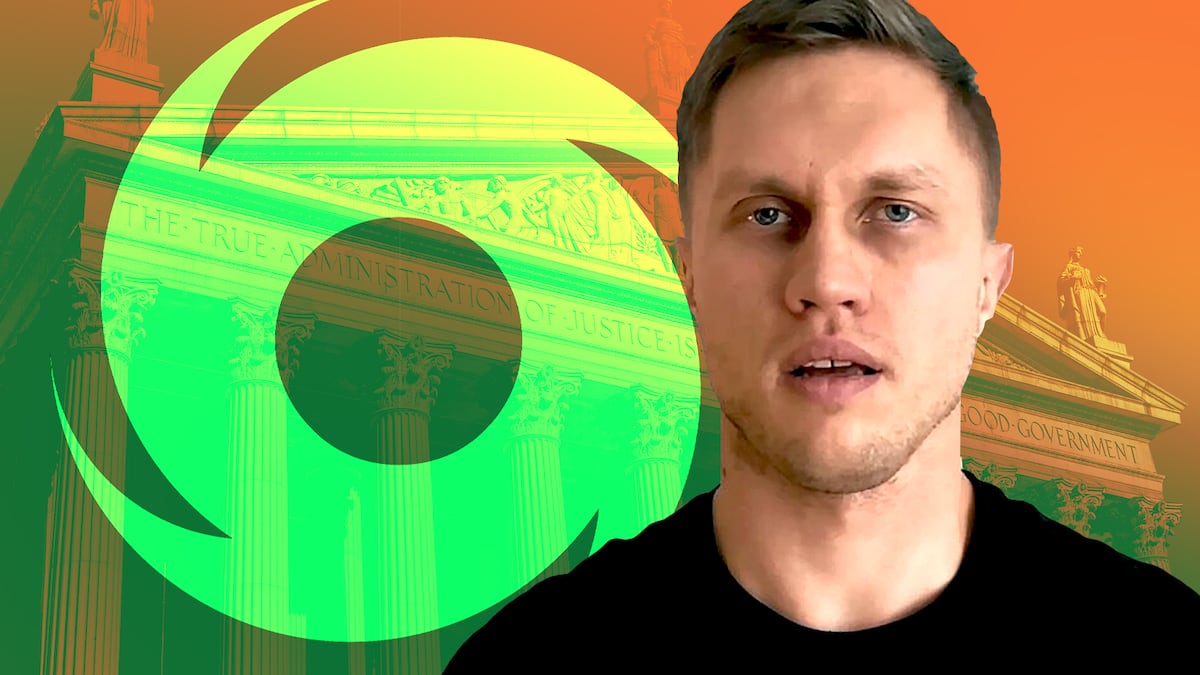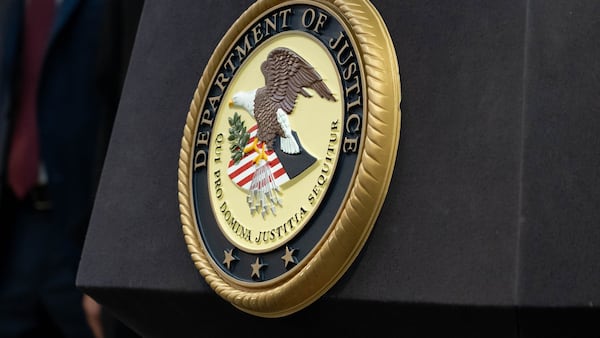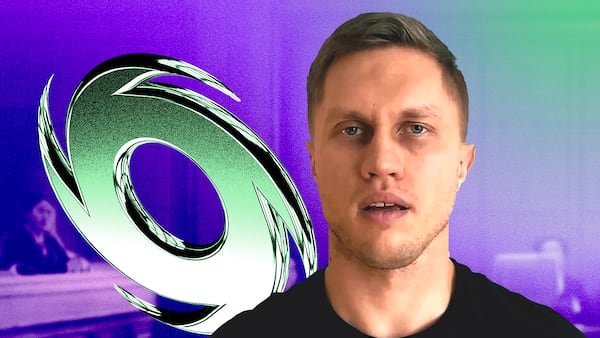- Prosecutors have asked a judge to uphold the conviction of Tornado Cash developer Roman Storm.
- Last month, the developer asked Judge Katherine Polk Failla to toss the conviction and two other charges that split jurors in August.
Prosecutors are fighting to uphold the August conviction of Tornado Cash co-founder Roman Storm.
In a 113-page brief filed on Wednesday, federal prosecutors said Judge Katherine Polk Failla should reject Storm’s request that she toss his conviction, as well as two other charges that split jurors after a three-week criminal trial.
“The evidence in support of the jury’s verdict was more than sufficient; it was overwhelming,” prosecutors wrote.
“And while the jury did not reach a verdict on the other two counts … the evidence was at least sufficient for a reasonable jury to convict the defendant on those counts as well.”
In August, jurors found Storm guilty of conspiracy to operate an unlicensed money transmitting business, which comes with a maximum prison sentence of five years.
But they were deadlocked on the most severe charges, conspiracy to launder money and to evade sanctions. Those charges carry a combined maximum sentence of 40 years in prison, and prosecutors have yet to decide whether to re-try Storm on both counts.
Negligence theory?
Last month, Storm asked Failla to dismiss all three charges. The evidence presented during his trial did not prove he had acted with criminal intent and the case should never have been tried in New York, he argued.
He also revived arguments made at various points since his arrest in August 2023. The government failed to prove that he wanted criminals to use Tornado Cash, a crypto mixer that makes it difficult, if not impossible, to trace transactions on the blockchain.
“Lacking such evidence, the government’s only nexus between Mr Storm and bad actors was a claim that he knew they were using Tornado Cash and failed to take sufficient measures to stop them,” his attorneys wrote.
Such a “negligence theory” isn’t enough for a criminal conviction, they argued.
He also revived the claim that building and releasing Tornado Cash was protected on free speech grounds. On the eve of the trial, Judge Katherine Polk Failla barred either side from raising the First Amendment in front of jurors, according to a report from The Rage.
‘Decisively disproven’
In their response, prosecutors said Storm was merely “repackaging” arguments the judge had already rejected and offering “exculpatory interpretations” of the evidence presented at his trial.
“Most notably, the defendant continues to claim that Tornado Cash was nothing more than a ‘decentralised’ protocol consisting of the immutable pools,” they wrote.
“That claim was decisively disproven at trial, with overwhelming evidence that the defendant and his co-conspirators exercised control over most aspects of Tornado Cash.”
They pointed to private messages shared at trial, in which the co-founders discussed protocol changes that had eroded its claims to decentralisation — and their purported inability to wall off cybercriminals.
“The defendant’s recasting of the criminal prosecution as a mere ‘negligence’ case — another longstanding refrain already rejected by this Court at the motion to dismiss stage — cannot be squared with the actual evidence presented at trial,” prosecutors wrote.
They also rejected the idea that Storm’s behavior was protected by the First Amendment. Court cases have found that writing code is a form of protected free speech.
“This case is about the functional use of computer code, not expressive conduct,” prosecutors wrote.
DOJ guidance
Their continued pursuit of Storm comes in spite of recent guidance from the Department of Justice. In August, a DOJ official said the agency would reject similar charges going forward.
“Where the evidence shows that software is truly decentralised and solely automates peer to peer transactions, and where a third-party does not have custody and control over user assets, new [money transmission] charges against a third party will not be approved,” Matthew Galeotti, acting assistant attorney general of the department’s criminal division, said at the time.
“If criminal intent is present, other charges may be appropriate.”
If Failla granted Storm’s request, it wouldn’t be the first time that his lead attorney has convinced a judge to vacate a jury’s ruling in a criminal trial.
In May, Waymaker partner Brian Klein convinced a federal judge in New York to vacate a guilty verdict against Mango Markets exploiter Avraham Eisenberg.
Aleks Gilbert is DL News’ New York-based DeFi correspondent. You can reach him at aleks@dlnews.com.









